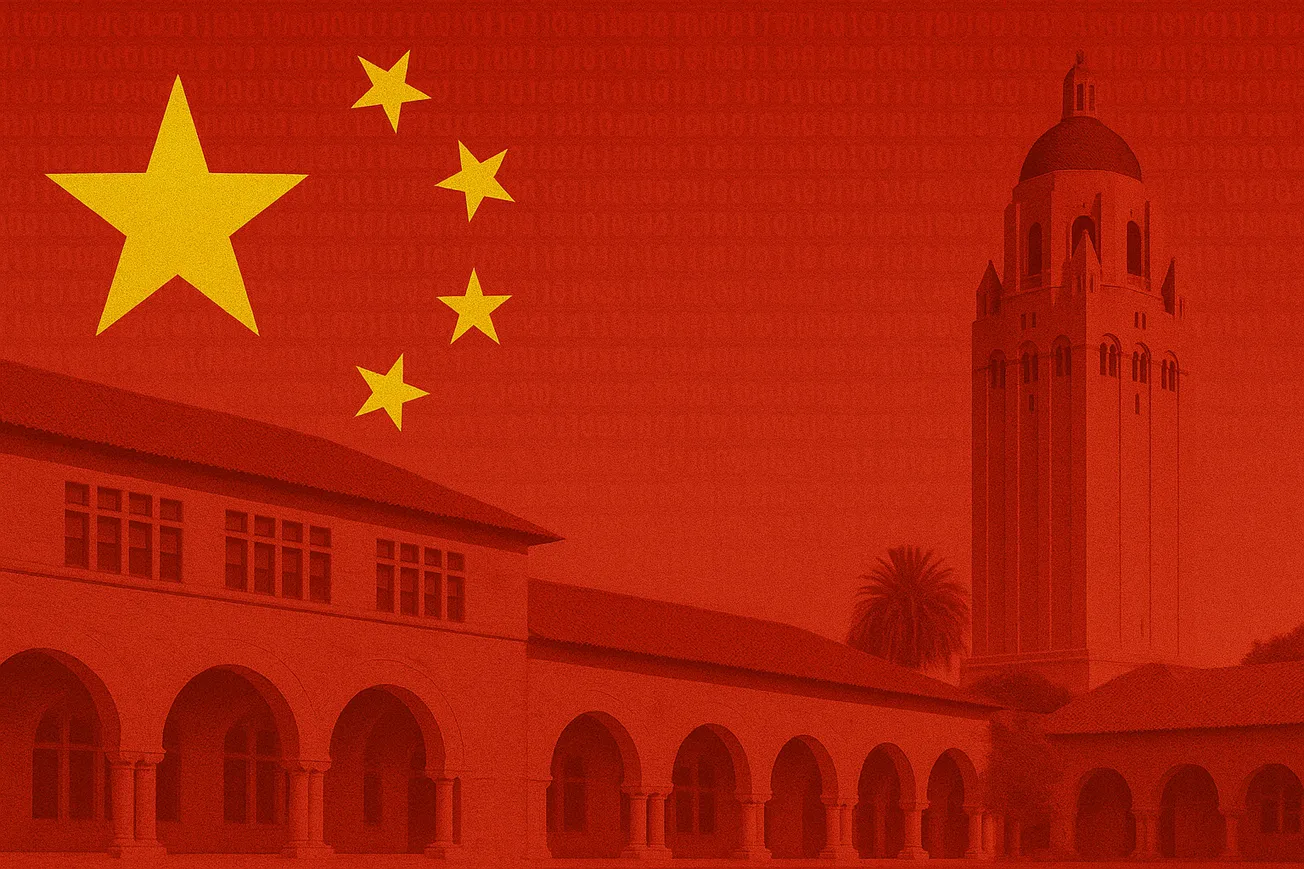Table of Contents
On Friday, the Department of Justice unveiled new indictments against a former Stanford neurology researcher, Chen Song. In July 2020, Song was indicted for lying about her affiliation with the Chinese military, formally known as the People’s Liberation Army (PLA). In July’s charging documents, prosecutors accused Song of concealing her involvement in the PLA in order to obtain a J-1 visa to conduct research at Stanford.
In her visa application, Song claimed no association with the PLA since 2011, when she graduated from a military medical school. In reality, the “hospital” where she was subsequently employed was a false-front for the Chinese Air Force. The FBI agents in charge testified that they had probable cause to believe that Song was still in PLA active service when she was arrested in July.
Now, Song now faces much more than visa fraud. The superseding indictments include charges for obstruction of official proceedings, destroying documents, and making false statements to a government agency. According to the DOJ’s National Security Division, Song repeatedly lied to the FBI agents interviewing her and took “active steps to destroy evidence of her official affiliation with the Chinese military.”
Specifically, the indictments allege that Song moved an entire folder of incriminating evidence, including a photograph of her in military uniform, into the “Recycle Bin” on her Windows computer. The FBI recovered those files, which confirmed that while she was at Stanford, she remained connected and active in the PLA.
Song had originally planned to stay at Stanford for one year, but then decided to extend her stay. For that, she needed authorization from her military superiors. To avoid sending those classified PLA authorizing documents over the internet, Song attempted to mail them to the Chinese consulate in New York, but the package was lost by UPS.
DOJ documents allege that Song sent multiple updates to a Chinese government entity detailing the “nature, results, and value of her research work at Stanford.”
Unfortunately, this case is not an isolated incident. American higher education is under siege. Foreign adversaries, particularly China, are exploiting the U.S. visa system and the openness of our universities to gain access to critical basic research and technologies. Over the past year, the DOJ’s China Initiative has exposed several similar schemes, which have led to indictments, convictions, and lengthy prison sentences for those involved.
Stanford is particularly vulnerable, given its proximity to top technology firms, and its advanced research in the biological sciences, artificial intelligence, and engineering.
But this question is not merely academic: the nation that develops superior technologies will gain an economic and military edge over its adversaries. To preserve our free world order, China cannot be that nation. Working together, U.S. universities and the federal government need to take serious steps to defend the integrity of our nation’s mission-critical research and development. The future depends on it.
If convicted on all charges, Song could face up to 35 years in federal prison and hundreds of thousands of dollars in fines.









